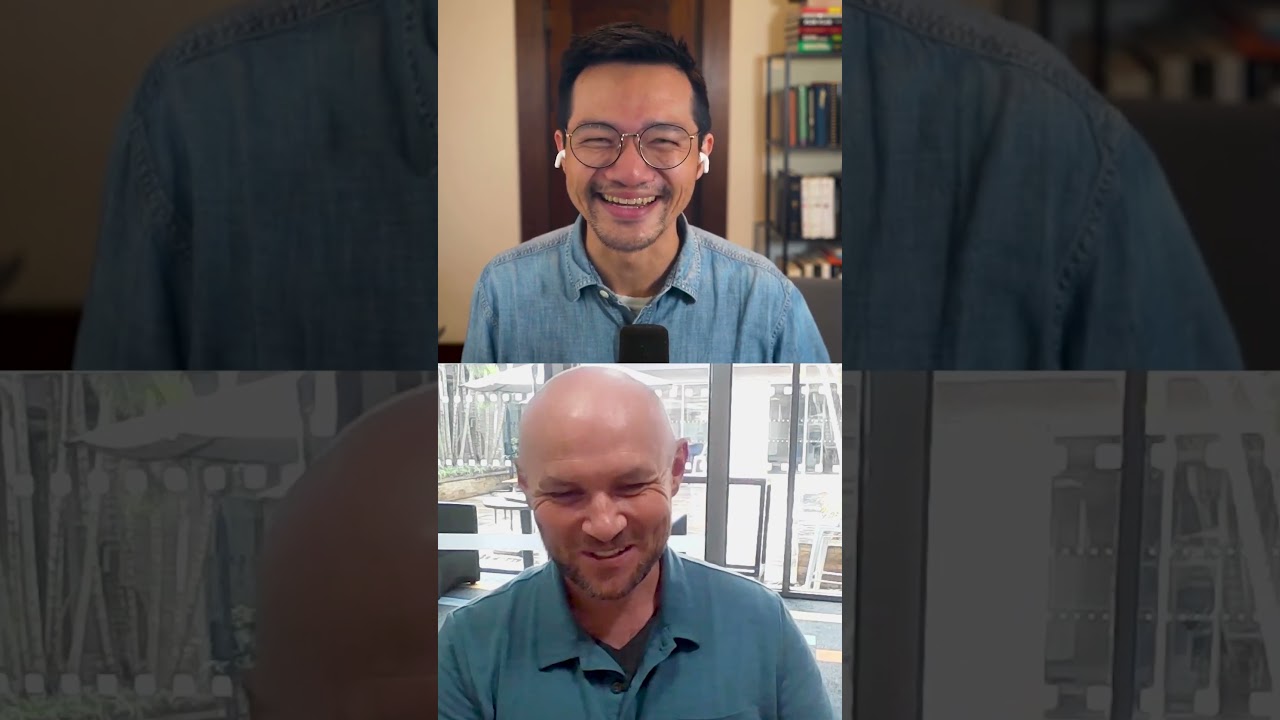The video discusses the potential for open-source AI models, particularly with the upcoming release of Llama 3.2 by Meta, to surpass proprietary models in performance by 2025, with mixed opinions on whether they will fully achieve this. Participants express optimism about the democratization of AI capabilities through open-source technologies, which could foster innovation and collaboration in the AI community.
The video begins with a discussion about the future of open-source AI models in comparison to proprietary models. The participants speculate whether, by 2025, an open-source model will surpass proprietary ones in performance. Opinions vary, with some expressing confidence that open-source models will indeed reach or exceed the capabilities of proprietary models, while others are more cautious, suggesting that they will come close but may not fully surpass them.
The conversation transitions to a significant announcement regarding the release of Llama 3.2, a prominent open-source AI model developed by Meta. The participants highlight Llama’s reputation as a leading model in the open-source space, emphasizing its advancements and the impact it has had on the AI marketplace. The excitement surrounding this release indicates a growing interest in open-source alternatives to proprietary solutions.
Llama 3.2 is noted for its diverse range of models, catering to various needs and applications. The release includes both smaller and larger models, showcasing Meta’s commitment to providing options that can accommodate different use cases. This variety is seen as a strategic move to attract a broader audience and encourage adoption of open-source technologies.
The discussion also touches on the implications of open-source models for the AI landscape. As these models continue to improve, they may democratize access to advanced AI capabilities, allowing more individuals and organizations to leverage powerful tools without the constraints of proprietary licensing. This shift could foster innovation and collaboration within the AI community.
In conclusion, the video captures a moment of optimism regarding the future of open-source AI models, particularly with the launch of Llama 3.2. The participants express enthusiasm about the potential for these models to challenge and possibly surpass proprietary offerings, reflecting a broader trend towards openness and accessibility in the field of artificial intelligence.
